Elephant Riding
Managing Emotions and Reason
Welcome to Polymathic Being, a place to explore counterintuitive insights across multiple domains. These essays explore common topics from different perspectives and disciplines to uncover unique insights and solutions.
Today's topic addresses whether we are logical beings rationally progressing through life or emotionally chaotic and reacting to environmental stimuli in ways we aren’t even conscious of. We’ll look at the biology and psychology driving our engagement with the world and learn how to balance the two for improved success.
Intro
René Descartes was a French philosopher, mathematician, and scientist famous for saying: “I think, therefore I am.” He believed that the mind and the body were completely separate and that the mind could operate through conscious reasoning unaffected by emotion. Although those ideas have permeated Western Culture for a long time, Descartes was totally wrong.
Jonathan Haidt’s book The Happiness Hypothesis articulates a better understanding of the balance of emotion and reason like an elephant and its rider. The rider represents the rational mind; it is analytical, strategizes, thinks long-term, and carefully plans. The elephant is our emotional mind; fast, responsive, passionate, reckless, and motivated. The elephant is huge and the rider is tiny.
The problem is we value and over-attribute most of our decisions to the rider and literally ignore the elephant in the room. Just take a look at today’s political and social climate, evidenced plainly by social media, and you’ll see the elephants of emotion stampeding around while their riders pretend that everything is in control. It’s a critical failure and one that, left unaddressed, can have dire consequences.
The Problem with Reason
We are not completely rational and logical beings. Think of most of your crucial life decisions and, when you break them down, you find that we only reason and use logic to get at least halfway through a decision. At a certain point, we make an emotional jump to finalize it.
Let’s look at food for example. Do you really perform trade-off analysis all the way to the end in deciding where to eat and what to order? Realistically you consider certain logical elements such as food allergies, diet, who’s going, what they prefer, and whether you want something new. Then you weigh these considerations and the available options to narrow it down. The question is how far we go. We could literally spend all night trying to weigh the infinite number of options available. Instead, we just make an emotional jump and make a decision.
Antonio Damasio, a Neuroscience Professor, wrote a book called Descartes’ Error that identifies pure reason is not only impractical, it also doesn’t lead to better outcomes. Demasio tells the story of a patient who had a life-threatening brain tumor removed. After the surgery, he was as intelligent on IQ as before but they soon found he couldn’t make decisions, even small ones like where to go for lunch. He’d rationally calculate calories, available parking, and driving time, but couldn’t efficiently make a decision. In the end, Dr. Demasio would recommend an option and the patient latched on to that finite answer.
The problem wasn’t a lack of reason but the opposite. The surgery had damaged the brain’s connection between logic and emotion. He’d lost his elephant and without that emotion, he lost his job, and his wife, and ended up penniless. Worse, he couldn’t even feel the relief of sadness about it.
Elephants Think Fast; Riders Think Slow
The book, Thinking, Fast and Slow by Daniel Kahneman, describes two systems: "System 1" is fast, instinctive, and emotional; "System 2" is slower, more deliberative, and more logical. System 1 is your Elephant and System 2 is your Rider.
System 1 is great for snap responses. These are the instinctual reactions as well as those elements we use frequently even if they are difficult to learn such as riding a bike or multiplication tables. This is your fast brain, sometimes able to respond before you are fully cognizant that you are answering.
System 2 is what we use to process complicated situations. This is where we need to slow down and appreciate the complexity, avoid the simple answers from System 1, and really analyze the situation. This is the core of Systems Thinking.
These two systems also line up with our brain’s two primary job functions that we learned in the essay Avoiding Infobesity,
Make sense of the world around us.
Be efficient
Our elephants are comprised of over 200 cognitive biases or heuristics that help us break down the complexity and provide frameworks for effective if not perfectly rational, decisions.
Notice, that there is no job description for being rational. That might be helpful but it’s a very late evolving capability housed in our pre-frontal cortex. That piece of brain tissue is what differentiates us from all other animals and is very new. It’s also slow to respond. Just consider that by the time your prefrontal cortex even receives any information it’s already been processed by your Elephant and involuntary actions have already been taken in preparation for action. Yet we are very good at rationalizing after the fact.
Remember the last time a person close to you questioned a decision? You had a million reasons to defend yourself. But how many of those reasons were considered before a poor decision or are those rationalizations just the brain’s desire to maintain a perception of logical consistency?
The Art of Elephant Riding
The rational rider is tiny and emotional elephant is big and powerful. Your emotions are always driving and sometimes the rational mind can steer. However, it takes patience and practice for the rider to train the elephant. It takes slow thinking and the wisdom to evaluate whether your emotions fit well with reality.
The key isn’t to deny your feelings but to understand them. The question isn’t “Am I being emotional?” it’s “How am I being emotional?” “How do I feel about this?” and most importantly “Why am I feeling like this?”
More often than not, our elephant has taken mental shortcuts and established blinders to maintain the perception that we made a rational and thought-out response. Intentional Slow thinking allows you to take the time to investigate those assumptions and challenge the blindness.
The art of elephant riding is to recognize that we are small riders of reason on top of large elephants of emotion that can be guided but not completely controlled. It’s the intimate understanding and fusion of emotion and reason.
Summary
Elephant riding is a complicated task and you’ve likely recognized that a lot of the topics here on Polymathic Being are designed to either help us understand our elephants or provide frameworks that assist our rider’s reason.
The Art of Elephant Riding is also a core foundation of my novel Paradox where the AI, known as Mother, was originally animated without emotions. As I summarize the events of Paradox at the beginning of Book 2: Integration:
The rational and logical outcome of the emotionless AIs had been apocalyptic. Reason uncoupled from emotion and emotion uncoupled from reason tore the world apart.
The AI was reason uncoupled from emotion and logically began eliminating threats. The humans were emotion uncoupled from reason causing a stampede of elephants destroying everything in their way. In the book, it required recombining the two to resolve the conflict but, by that point, and like many of our foibles, it was too late.
A core element of what makes us human is the balance of emotion and reason. It’s the ability to harness our fast-thinking brains with slower and considered analysis. It’s the Art of Elephant Riding.
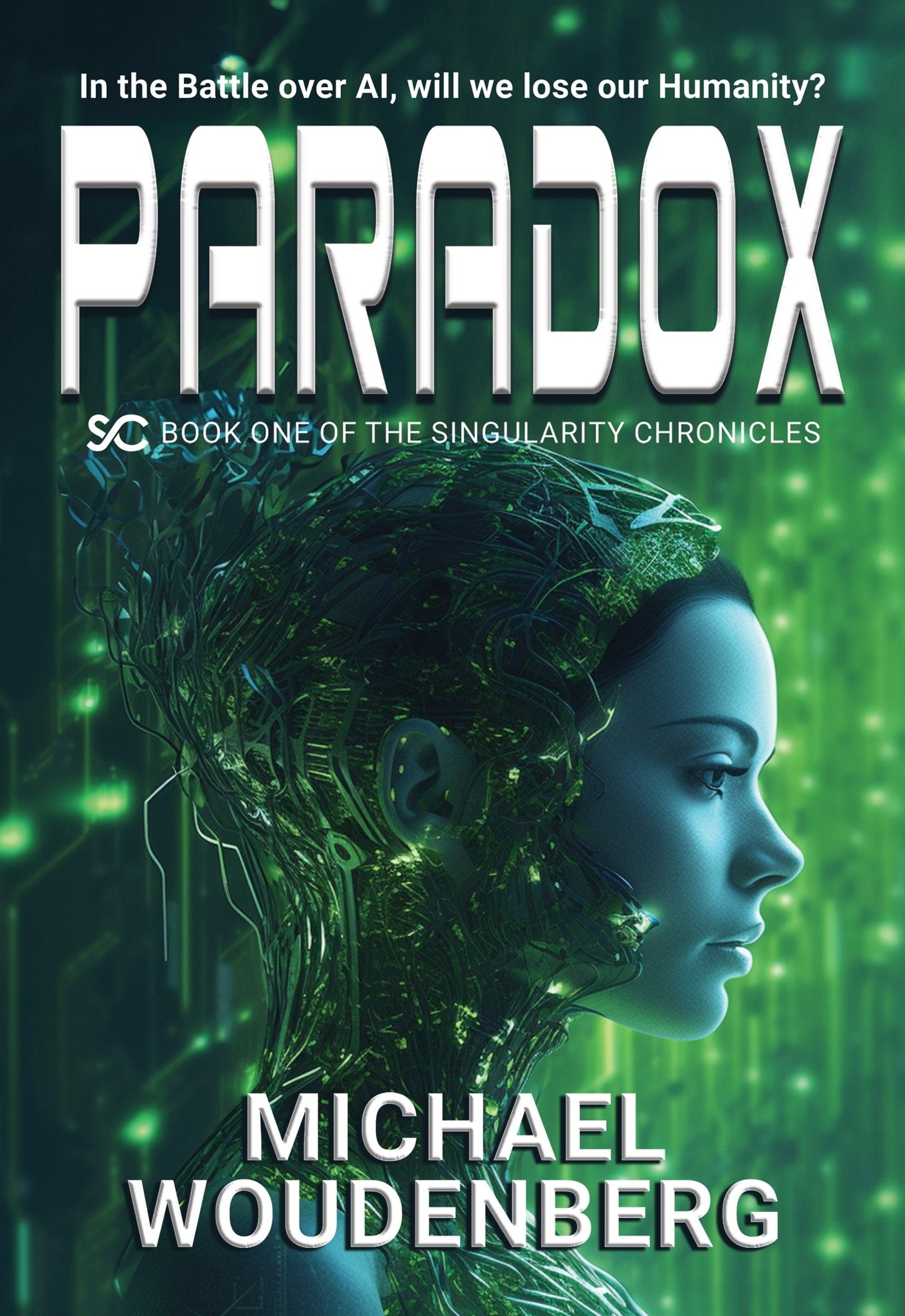
Enjoyed this post? Hit the ❤️ button above or below because it helps more people discover Substacks like this one and that’s a great thing. Also please share here or in your network to help us grow.
Polymathic Being is a reader-supported publication. Becoming a paid member keeps these essays open for everyone. Hurry and grab 20% off an annual subscription. That’s $24 a year or $2 a month. It’s just 50¢ an essay and makes a big difference.
Further Reading from Authors I Appreciate
I highly recommend the following Substacks for their great content and complementary explorations of topics that Polymathic Being shares.
Money Machine Newsletter Insightful looks at money, investing, and more.
Goatfury Writes All-around great daily essays
Never Stop Learning Insightful Life Tips and Tricks
Cyborgs Writing Highly useful insights into using AI for writing
Educating AI Integrating AI into education
Mostly Harmless Ideas Computer Science for Everyone



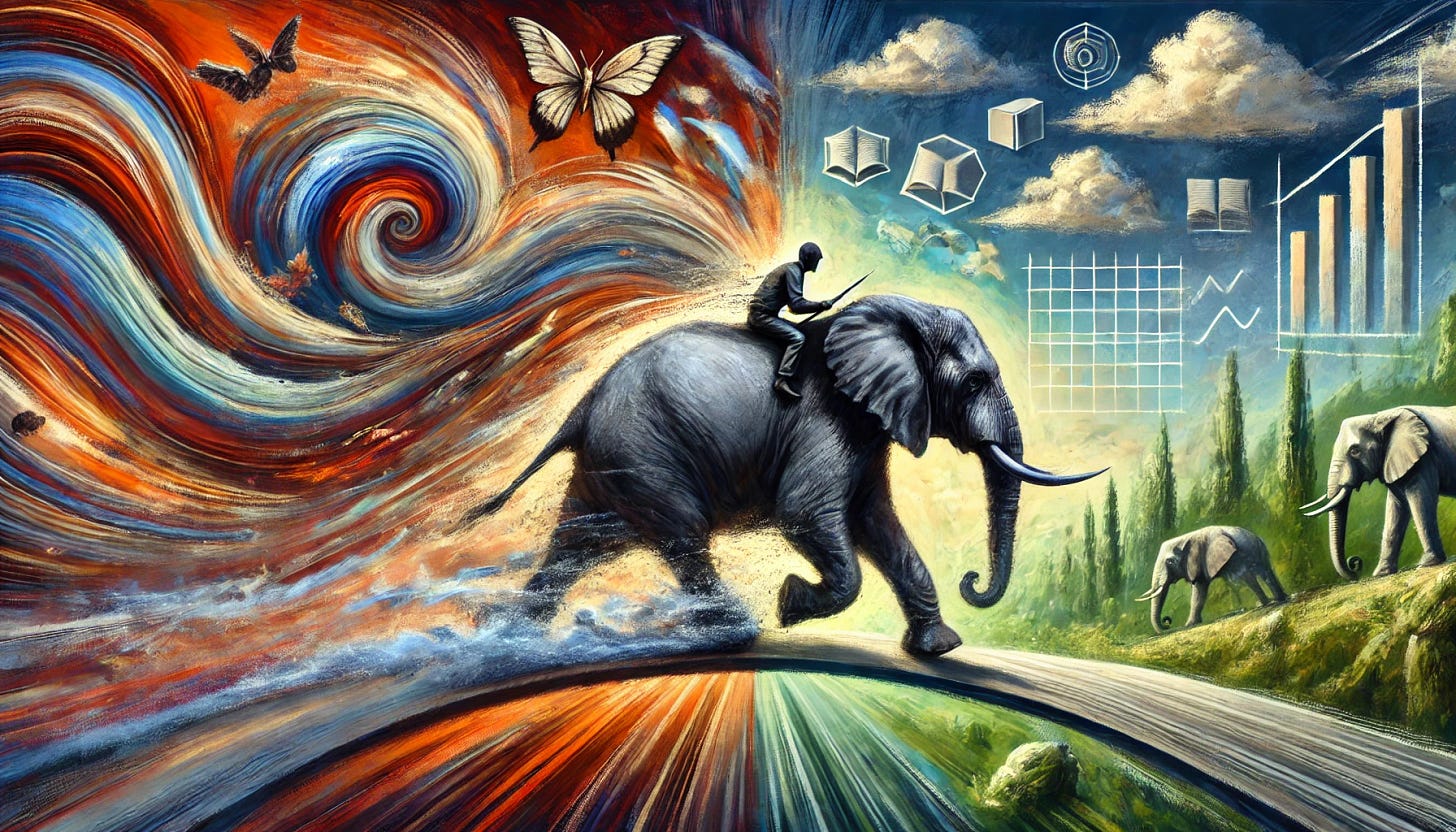
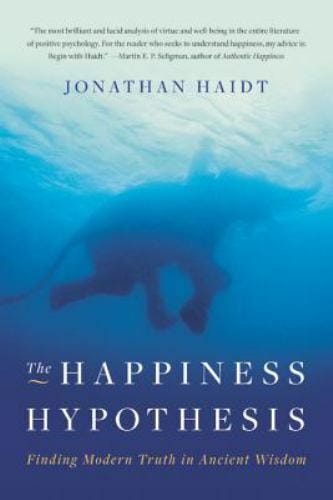
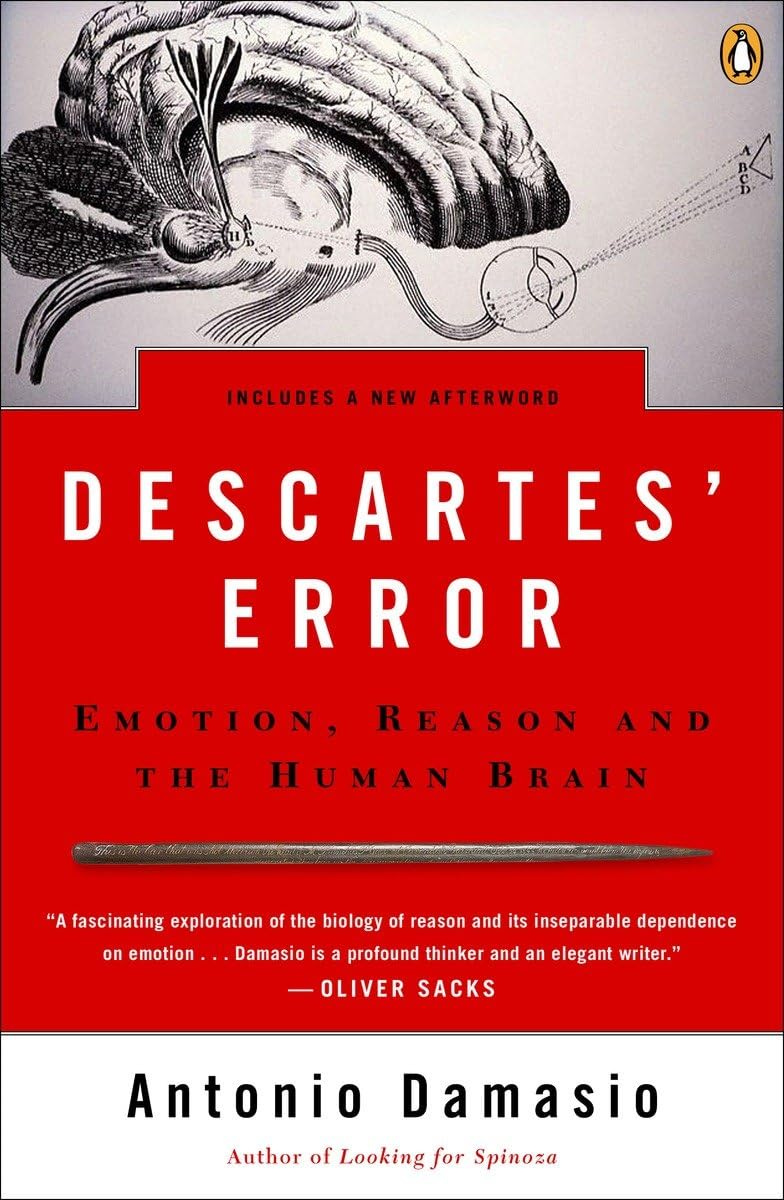


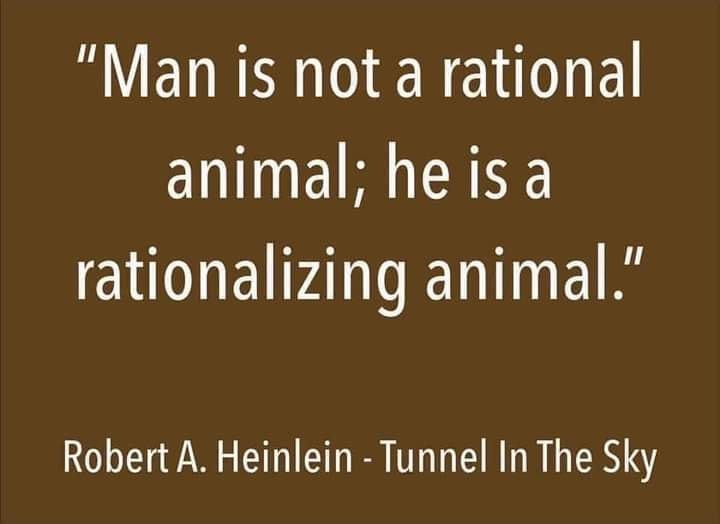


All boiled down to tactical vs strategic. Thinking Fast and Slow & Gladwell's Blink, all point to time horizons. Time and ROD - return on decision. Do I have time to make a better decision? No? Decide. Yes, gather more info to make a more strategic choice. With regards to the "fast" part, yeah, there's more to it, different parts of the brain taking action, learning to trust "gut" reactions. But, I view that as developing one's tactical adroitness. Strategy encompasses a broader expanse of information and ramifications. Fun topic. I would not consider an elephant as a tactical, fast-acting beast, though.
Well done! And today, I subscribed. Now- was that a rational or emotional decision? A bit of both. I appreciate well-organized and thoughtful writing (rational) And, you cited authors whose books resonate with me( emotional). The icing on the emotional + rational cake: Robert A. Heinlein's quote. So, there you go, just being human, rationalizing my emotional responses.